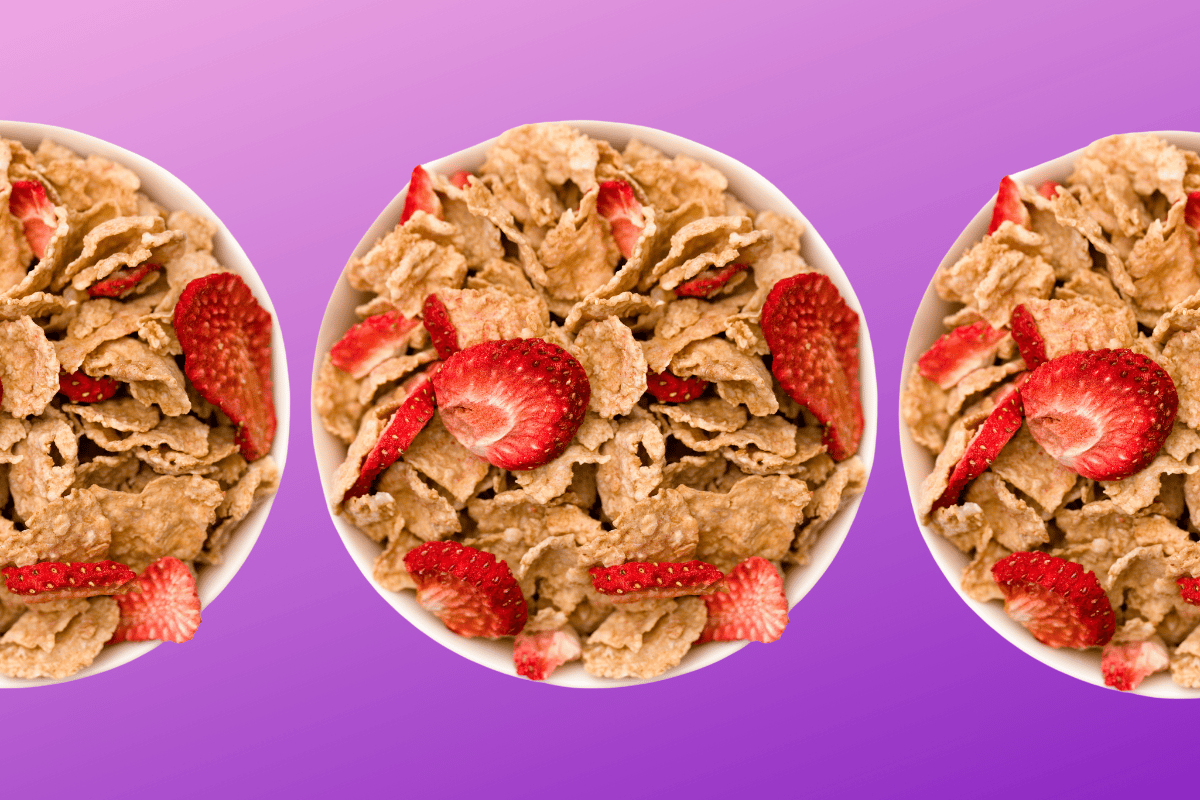
This article includes descriptions of disordered eating that may be distressing to some readers.
It's 2004. You're sitting watching The OC after dinner. It cuts to ads, right at the most pivotal moment of all time (of course), and you're suddenly watching a woman trying to squeeze into her jeans.
It's Kellogg's 'Special K Challenge', and you only have to eat two bowls of cereal for two weeks to drop a jeans size. Not only will it help you lose weight, but it'll help you keep it off, the ad tells you. You make a mental note to tell your mum to get some cereal tomorrow.
Fast forward to 2023, and the problematic diet has recently exploded on TikTok, with people sharing their experiences and questioning why this was ever a real... thing.
Because these days, the dieting landscape has changed dramatically — and chances are, you can't imagine something like this ever on our television screens.
Watch: Georgia Love talks fad diets. Post continues below.
It's worth noting that the marketing for the 'Special K Challenge' is no longer in circulation, and has very much been dropped by Kellogg's. (However, if you Google 'Special K diet' you'll find that it's very much still a thing).


Top Comments